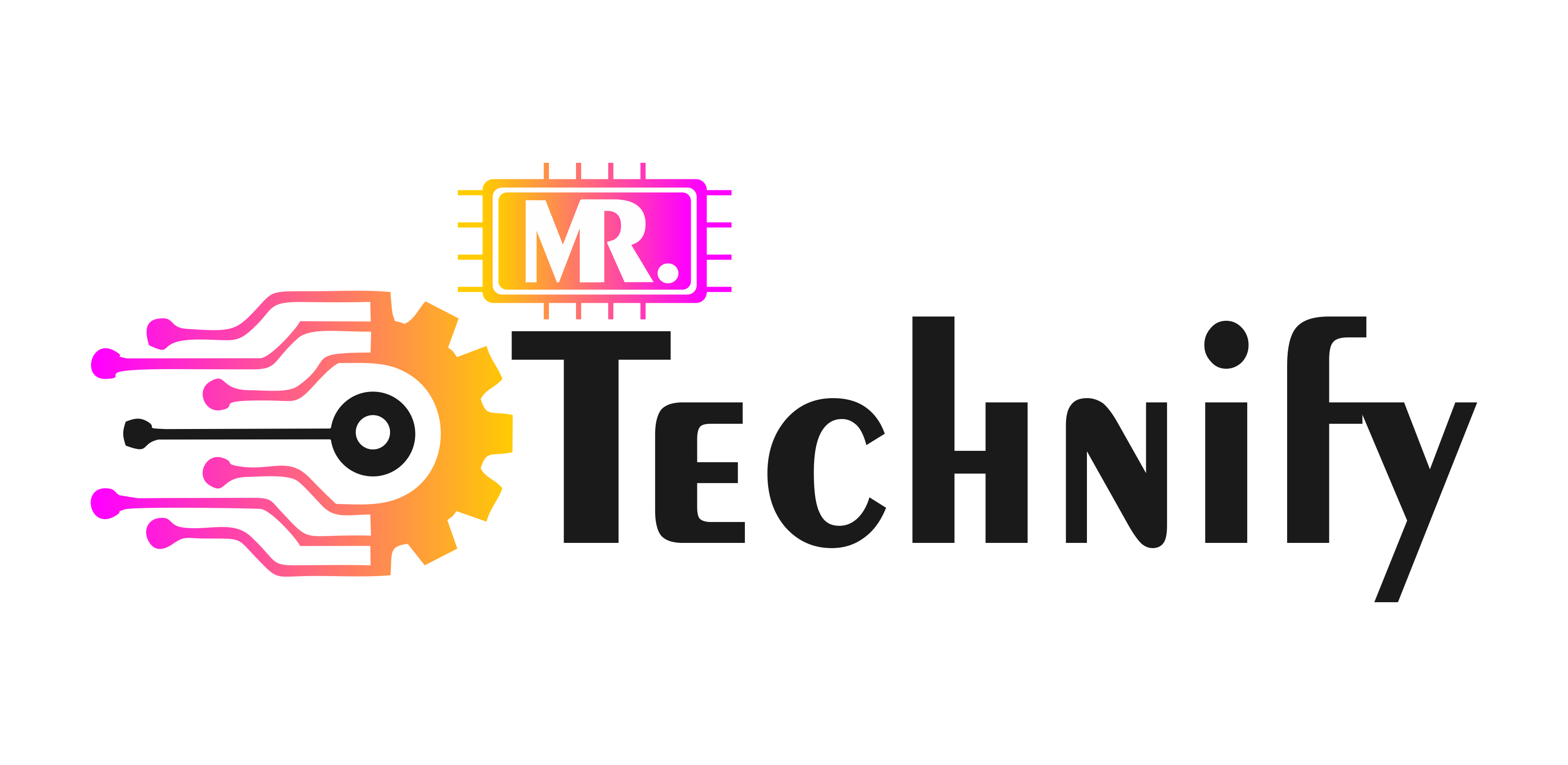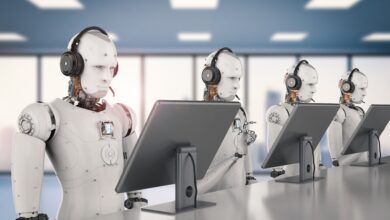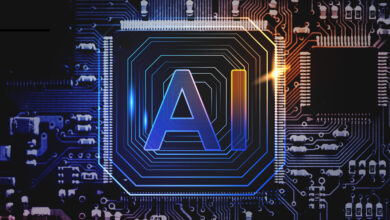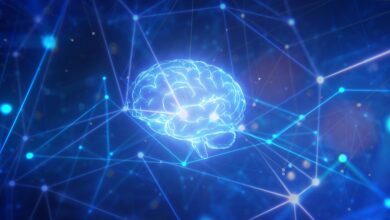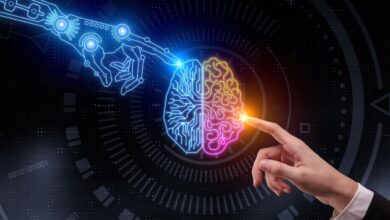In this article, we dive into the journey of AI in computer science and what the future might hold. AI is no longer just something you read about in science fiction. Today, it is an integral part of computer science. Its ability to learn, guess, and improve affects many different areas.
The Journey of AI
-
The Emergence of AI
When researchers first began to consider the viability of developing an artificial brain in the middle of the 20th century, the field of artificial intelligence (AI) was born. Earlier inventors thought that computers might be taught to replicate human intellect.
-
AI’s Current Era
The present-day has now arrived. AI has become integral to our daily existence, from virtual assistants like Siri and Alexa to Netflix and Amazon’s recommendation algorithms.
AI in Computer Science
In computer science, AI has brought revolutionary changes. It’s used in various sectors like programming, data science, cybersecurity, and software development.
Role of AI in Computer Science
-
Programming and AI
AI has fundamentally altered the field of programming. It has introduced automated coding, where AI systems generate code snippets based on programmer input. This technology saves time and reduces the chances of human error.
Data Science and AI
-
AI’s Influence on Data Science
In data science, AI and machine learning algorithms analyze massive amounts of data and predict future trends. This predictive analysis is constructive in healthcare, finance, and marketing.
Cybersecurity and AI
-
AI’s Role in Cybersecurity
AI has a significant role in enhancing cybersecurity. AI algorithms can identify patterns and detect unusual behavior or threats a human might miss, preventing potential cyber-attacks.
Software Development and AI
-
How AI is Revolutionizing Software Development
AI is reshaping software development by introducing predictive models to foresee potential issues, enhance quality assurance, and automate tedious tasks.
Future of AI in Computer Science
AI will continue reshaping computer science in ways we can’t imagine.
Upcoming Trends
-
AI and Quantum Computing
AI and quantum computing together can revolutionize computing speed and data processing. Quantum computing’s potential to process complex algorithms in a fraction of the time could massively enhance AI’s capabilities.
AI Ethics in Computer Science
-
Ensuring Fair and Ethical Use of AI
As AI continues to evolve, it’s essential to address the ethical implications of this technology. Data privacy, algorithmic bias, and job impact are critical considerations.
Conclusion
AI in computer science is not just an emerging trend; it’s a reality. As we continue to embrace and integrate AI into various aspects of computer science, it’s critical to ensure ethical considerations keep pace with technological advancement.
FAQs for AI in computer science
What impact has AI had on programming?
AI has made automated coding possible by saving time and lowering the possibility of human mistakes.
What effect does AI have on data science?
Data science uses AI and machine learning algorithms to evaluate vast volumes of data and forecast future trends.
How can AI improve cybersecurity?
AI systems can recognize trends and anomalous activity or dangers to improve cybersecurity.
What is the future of AI in computer science?
AI in computer science will eventually be integrated with quantum computing and address ethical issues.
